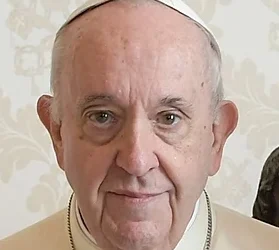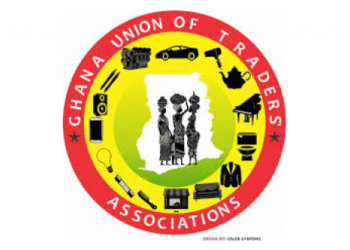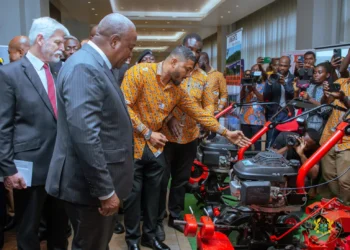The Media Foundation for West Africa (MFWA) has called on the Electoral Commission (EC) to reverse its decision to restrict media access to collation centres during the 2024 general elections.
In a directive issued to its regional directors, the EC stated that only eight media houses would be accredited at each constituency collation centre. This includes three television stations with two personnel per station and five radio stations with one representative each. At the regional collation centres, access would be extended to 12 media houses, consisting of five TV stations with two personnel per station and seven radio stations with one representative each.
The MFWA has raised concerns that these restrictions could undermine transparency and accountability during the collation process. The foundation has urged the EC to reconsider the directive to uphold the critical role of the media in ensuring credible elections.
Defending the decision, Dr. Bossman Asare, Deputy Chairperson of the EC, explained that the measure was intended to create an enabling environment for a smooth collation process. “In the wisdom of the commission, the conclusion was that to create an enabling environment for a smooth collation exercise, let’s restrict the numbers. We think at the constituency level, having eight media houses is generally appropriate, and at the regional level, twelve media houses is very much appropriate,” he said.
Despite this justification, the MFWA has maintained that the directive could hinder comprehensive media coverage and public accountability.
Speaking on Channel One TV on Tuesday, November 26, Sulemana Braimah, Executive Director of the MFWA, criticized the EC’s decision as restrictive and short-sighted. “Since when did media coverage become just radio and television? What about newspapers and online publications?” he questioned. He further urged the EC to reverse the directive, adding, “Better late than never. This is something that should be corrected.”
The MFWA has reiterated its call for broader media access to promote transparency, foster public trust, and enhance the credibility of the electoral process.

















